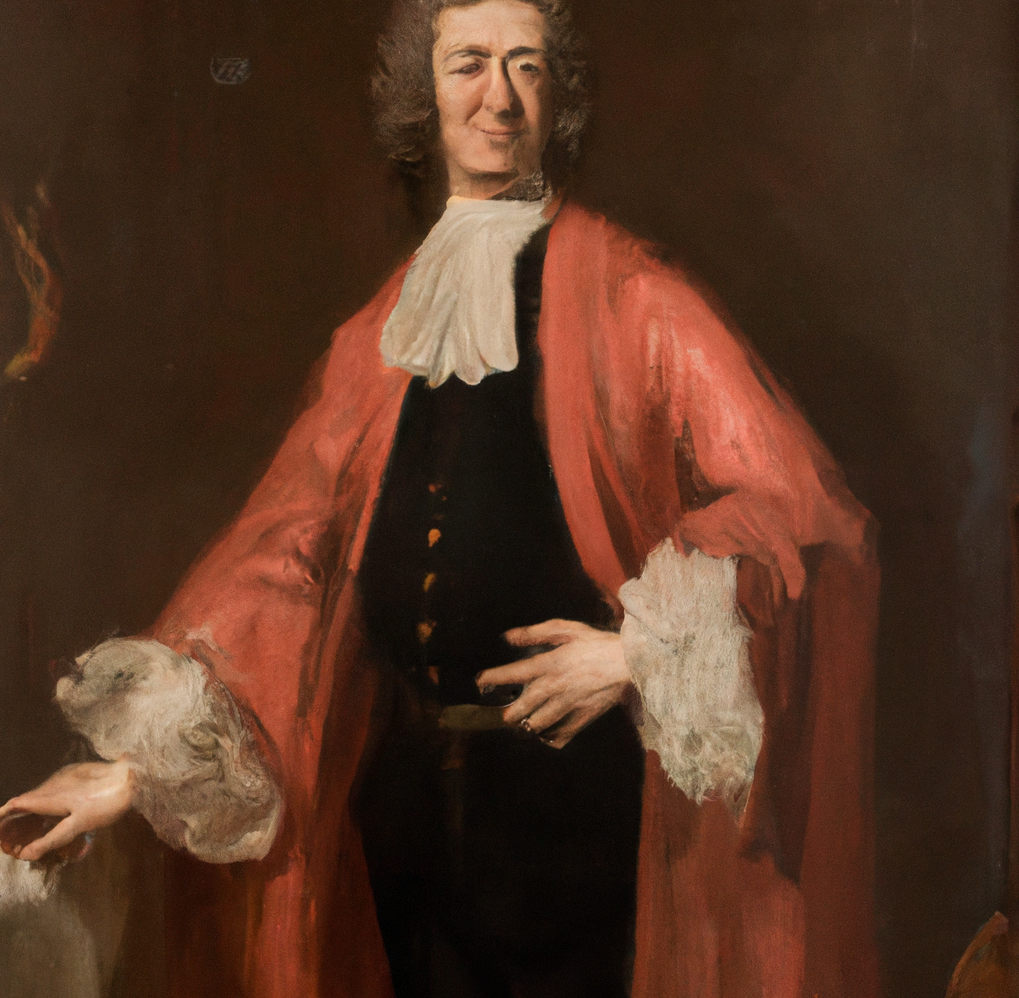One expensive item after another, Diderot pittered away his fortune and plunged into debt.
Diderot WHO?
In 1765, the French philosopher Denis Diderot, writer of the well-published Encyclopedie, was given a large fortune when Catherine the Great (emperess of Russia) bought his library.
Suddenly in possession of a lot of money, Diderot bought an elegant scarlet dressing gown.
But, wearing his new robe, all his other belongings appeared tawdry and commonplace.

The robe did not fit in.
He wrote that there was
“no more coordination, no more unity, no more beauty”
and he proceeded to buy more luxurious items as distinct as the new robe: a rug from Damascus, costly sculptures, a Moroccan leather chair…
One expensive item after another, he pittered away his fortune and plunged into debt.

What is the Diderot Effect?
The Diderot Effect states that buying something new often creates a pattern of spiraling consumption, leading us to buy things we never would have in the first place, in order to feel fulfilled.
It relies on two ideas:
1) that what we buy reflects our sense of identity (and all our possessions will therefore complement each other) and
2) that buying something new that deviates from our current repertoire of possessions, will result in spiraling consumption in order to make them complementary.

How do we overcome it?
Predict the full cost when you buy something new.
If you buy that new pair of shoes, will you need a new belt and a new purse to go with it? How much would that cost altogether?
Stop trying to impress others.
Buy things for their usefulness rather than to boost your status.
Instead, prioritize experiences and imprint your life experiences upon your things.
Declutter and minimize.
By focusing on what brings you happiness, you can let go of items that no longer serve you and feel gratitude for what you do have.
Identify your values.
Your possessions can sometimes become a symbol of your values, but they do not define them (read: our possessions do not define us).
By living in accordance with your values, you can maintain a sense of purpose and direction that is not dependent on your possessions.

